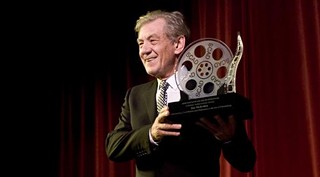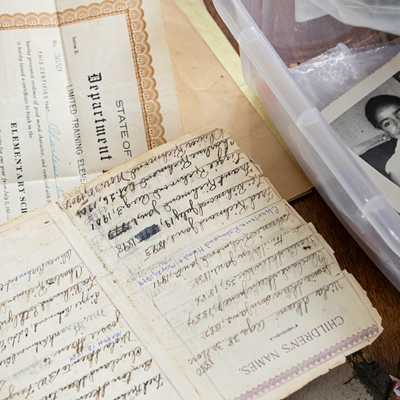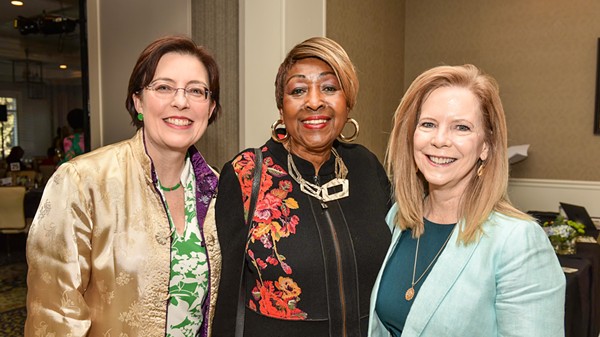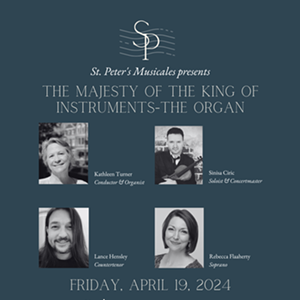In Savannah to accept a Lifetime Achievement Award from the Savannah Film Festival, Sir Ian McKellen – beloved star of stage and screen for more than four decades – took a moment to talk with Connect about the highs, lows and in-betweens of acting.
While he had relatively little to say about Peter Jackson’s upcoming two-movie adaptation of J.R.R. Tokien’s The Hobbit, McKellen – within the constraints of a tightly-managed 10-minute interview – was loquacious and eloquent on the subject of stage acting and its relationship to acting in films.
One of Great Britain’s most revered stage performers, McKellen began his career in the late 1950s, and within a decade was a regular with the Royal Shakespeare Company, to which he has returned – always to the highest accolades – many times since. He was made a member of the Old Vic National Theatre Company in 1965.
In America, he won the Best Actor Tony for his portrayal of Salieri in the original 1980 Broadway production of Amadeus.
Despite his stature as perhaps the greatest Shakespearean actor of our time, McKellen is best known for his work in popular films – notably, he was the wizard Gandalf in the Lord of the Rings trilogy, and Magneto in the X-Men franchise.
He always finds time to return to the stage. In 2009, he appeared in London’s West End in a production of Waiting For Godot with his old friend, Patrick Stewart.
I found this early quote from you about why you liked the theater – “the contrast between the dusty confusion backstage and the brightly-lit fun and games onstage.” That’s you talking about the early ‘60s. After all these years, do you still feel that? Is there still a thrill in it for you?
Ian McKellen: I think there is. It’s slightly more jaded than it used to be. I mean, I would like, now, to go into a dressing room that was really comfortable and well-ordered, and had instant hot water and was quiet. And I’ve never been in such a dressing room in my life. Anywhere in the world!
So the joy of “slumming it” is a bit of romance.
But being in the dark, in the wings, and waiting to go into the light of the stage – the mystery of that is still with me. And what happens when an actor steps out from the dark into the light is sort of central to acting onstage. As it happens, it’s a magical thing. And the adrenaline rushes.
When you were with the RSC, were you thinking ‘I’m at the pinnacle right now,’ or were you still looking forward? Does an actor in that position start thinking about film?
Ian McKellen: My friends tell me, and looking at interviews, I was forever bellyaching about the fact that I wasn’t in films. At a time, looking back, when I thought I was extremely happy playing Romeo and MacBeth and Leontes and goodness knows what. So I’m perhaps not a reliable witness even of my own situation.
But I don’t think many actors have pursued a career with perhaps the intensity and certainty that I’ve done. I have sought or plotted out – not in terms of “Oh, in ten years’ time I want to be ….” Or “In ten years’ time I want to be earning ….” Or whatever.
But just assessing each job as it came along as being part of a progression, and therefore looking more for what I was going to get out of it as an actor, than what the bank balance would get out of it. Do you see what I mean?
And so film, I suppose, might always be in the mind of an actor playing Romeo at Stratford.
The sort of career that I’ve had, and that others have – people younger than me, too – is based on the sort of careers that my seniors like Laurence Olivier and John Gielgud had. They worked often in film, British films and sometimes abroad. But they never lost touch with the theater. And they couldn’t imagine a life without the theater. They were not film stars.
And when Richard Burton broke that mold – a renowned theater actor as a young man decided to become a film star, and rarely went back – we all bemoaned the loss to the theater.
And there’s no reason why cinema’s gain shouldn’t also be theater’s gain. Actors can do both. I was talking to Liam Neeson last night, he’s desperate to do a play. Because in the end, as you might suspect, the fulfillment, the satisfaction, the adrenaline rush, is in the theater.
A lot of films actors say their heart is always in the theater. Gregory Peck actually said that to me a long time ago.
Ian McKellen: Mm-hm. Well, I worked with him, and he began by sweeping the stage as a young man.
The other thing is that plays, particularly classic plays – Shakespeare, Chekhov, Ibsen, Arthur Miller – these are proven plays. They are proven challenges. They are mountains to climb. You know where you are. The effort itself is going to be a reward.
Well, most film scripts you read aren’t of that quality. So even if it might be an all-absorbing job, and you’re working with the most glamorous and talented people, and it’s a hit and you win an Oscar, you might – in your heart of hearts – think “Was that worth making?”
Have you done that in your life?
Ian McKellen: I’ve been in films that I didn’t think anyone would want to see, when I saw them. And on the whole, no one came to see them!
But even in the theater, if you’re in a flop, and 20 people turn up, and you do the show and you discover something new that night, and the 20 people respond to it – success or failure, in conventional terms, doesn’t apply.
Whereas a film, you did it a long time ago, someone else has cut it together, it’s not quite yours. You know where you are in the theater a bit more.
Just recently you said you were “not under contract” for The Hobbit. Is there anything to add to that?
Ian McKellen: Nope!
Is it safe to say that you’re in talks to reprise the role?
Ian McKellen: I suppose you could say that, yes. I think that was implied, yes.
Are we being cagey here? Or would you rather I get off the subject?
Ian McKellen: Well, there’s nothing more to tell you. I’m not under contract.
Would you like to do it again?
Ian McKellen: That, I’m not going to say. I think that would … when you’re negotiating, you don’t talk about things.






























